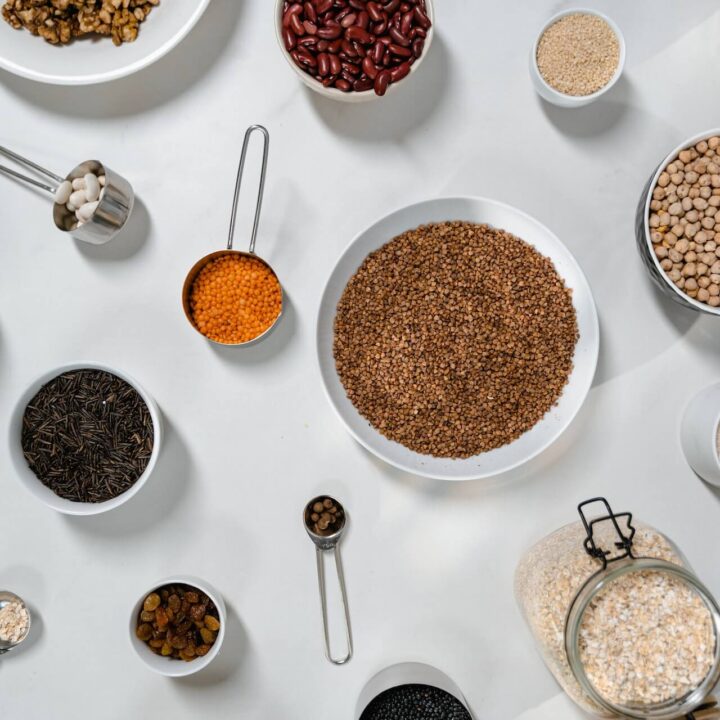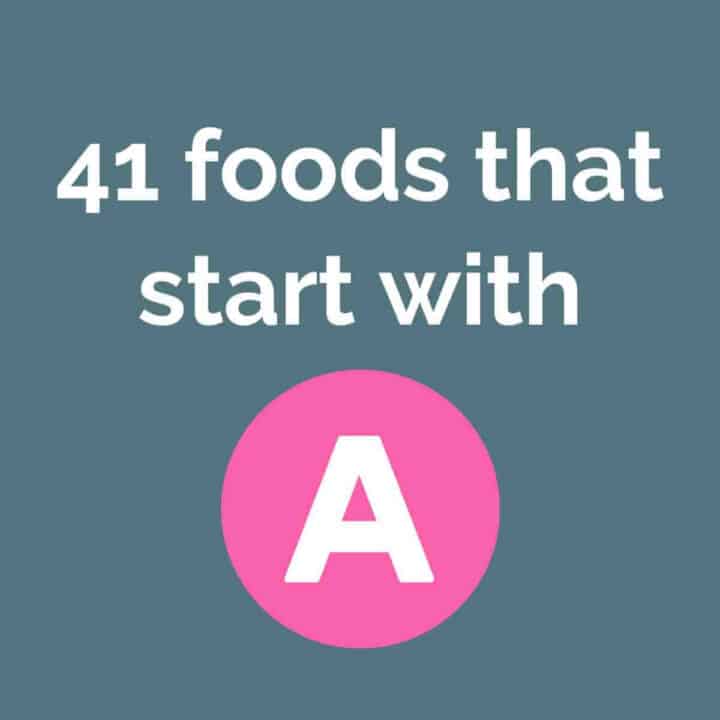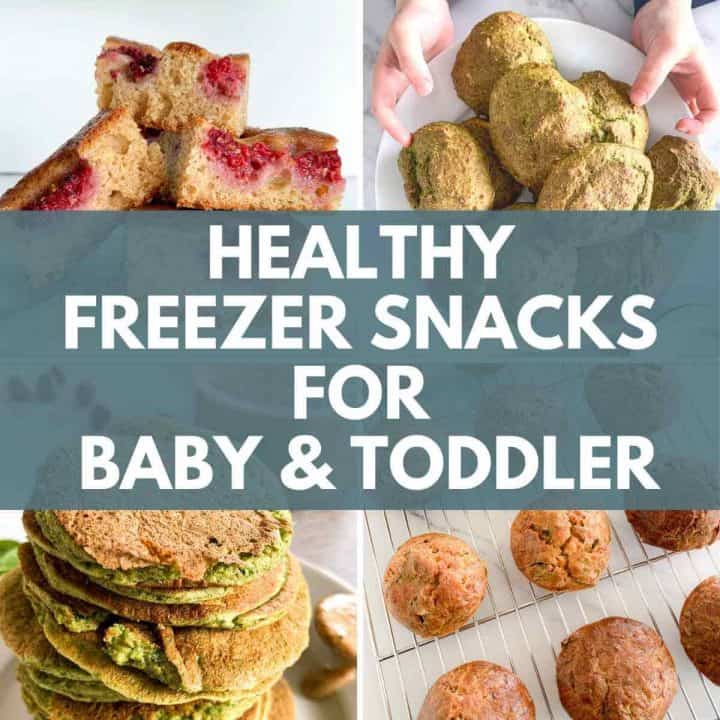Formula is designed to be the best alternative to breastmilk in the early months of life, but with so many different options available, how can you know which one is best baby formula?

In most cases, breastmilk is the ideal food for your baby for at least the first 6 months of life. It naturally adapts to provide your baby with just the right nutritional content. It's convenient, free, always the perfect temperature, and it provides a curated set of antibodies to fight against disease. But as any breastfeeding mother will tell you – it's hard. Not only is it hard, but it's simply not always possible or sufficient.
No mother should ever feel ashamed for not breastfeeding – whether they don't want to or because it's not possible for them. Formula is designed to be the best alternative to breastmilk in the early months of life, but with so many different options available, how can you know which one is best?
Types of Formula
Formulas available on the market come in a lot of different categories. The main 2 are based on the baby's age and based on the source of protein in a formula.
Formula Based On Age
Age-specific formulas are again divided into 2 groups: formulas for exclusive formula feeding (before introducing solids) and formulas for supplementation (used alongside solids or breastmilk).
The main difference in these two types of formula is the ratio of certain nutrients and the addition of probiotics (or prebiotics) which help the baby's stools mimic those of an exclusively breastfed baby. Many of the supplementary formulas are very similar to the "regular" versions and can seem more like a marketing strategy from the formula companies.
However, I have seen some supplementary formulas that use corn syrup as the primary source of carbohydrates instead of lactose, which is not ideal for a baby.
After the age of 6 months, energy and nutrient requirements in infants rises. Their digestive systems also become more and more developed and capable, so second stage formulas are designed to compensate for this.
Formula Based on Protein Source
4 types of protein sources are allowed to be used for formula by the FDA: cow's milk protein, goat's milk protein, protein hydrolysates and isolated soy protein (ISP).
Most formulas are based on cow's milk protein and are the first choice for most mothers. Goat's milk protein is very similar to cow's. Some mother's think it's easier on the digestive system but it will really depend on your baby. Differences in vitamins between the two are negligible as all formulas are fortified with additional vitamins.
Protein hydrolysate formulas are good choices in instances where your baby has digestive issues or if there is a possibility of a cow's milk allergy. These formulas contain smaller fat molecules that are a little more easily digested.
Isolated soy protein (ISP) is the only plant protein source permitted in infant formulas. These formulas are only really for when there are milk allergies or an inability to digest lactose.
Choosing the Best Baby Formula
Most formulas contain similar amounts of energy and nutrients. There is however still room to choose the best one for your baby.
The first thing to look for is the age mentioned on the formula. Your baby should not be younger than the number of months mentioned on the formula. After age, you should choose formula based on your baby's current health status.
Formula for Healthy, Term Infants
For infants that have been born to term and are healthy you can pretty much take any newborn formula. Whether you're giving breastmilk as well, all newborn formulas contain similar amounts of energy and nutrient. The AAP recommends formulas based on cow's milk protein as the first choice for healthy, term infants as it most closely resembles breastmilk and provides the right amount of nutrients. All formulas are regulated by the FDA to ensure they comply with basic nutritional requirements.
If you really want to go the extra mile in selecting the best baby formula for your healthy term infant, then you should look for ones specifically fortified with iron. These are a good choice since some infants do not have enough iron reserves from the womb and an iron-fortified formula can prevent iron deficiency.
Otherwise, the most important factor will be whichever formula your baby seems to react to best. Some babies have more trouble digesting powdered formula over ready-to-feed alternatives for example so it's best to buy in small quantities at first and stick with something your baby likes.
Formula for Pre-Term and Low Birth Weight Infants
Pre-term infants (born between 32 and 37 weeks) and low birth weight infants (lower than 6 lbs) might need formulas which contain more calories, protein and nutrients. They need a "boost" in their development and to start gaining weight faster. Formulas for these babies are also typically high in omega-3s and vitamin E to boost brain development.
There is no general recommendation for pre-term infants born prior to 32 weeks. Nutritional recommendations are specific and should be determined by the neonatal intensive care unit specialists.
Formula for Infants with Digestive Problems
If your baby has colic or gas, formula based on protein hydrolysates instead of cow's milk may help. Cow's milk protein is considered an allergen and can be major factor for colic and gas in infants who have not yet started solid food.
Formulas based on ISP (soy) might not be a good idea either since too much soy protein can have hormone-like effect. While the research is not conclusive, it makes sense to use these formulas only when absolutely necessary nonetheless.
Formula for Infants with Intolerances
The AAP recommends that formula based on ISP should really only be chosen in instances where your baby has known intolerances or genetic diseases. These include but are not limited to lactose intolerance or lactase deficiency.
Is There Really a Best Baby Formula?
There is still no specific consensus on one brand of formula being better than the others. But in the first instance it's a good idea to find one that is iron fortified and designed for your baby's age.
Choosing the best formula for your baby may not be easy but all formulas available on the market are FDA compliant and so are relatively similar. After considering your baby's specific requirements (if any) you should also take into account the availability of the formula, affordability and ultimately if your baby likes it or not!
So in general there is no golden formula on the market for every infant. There is only the best formula for your baby.
Resources
- American Academy of Pediatrics, Section on Breastfeeding. Breastfeeding and the use of human milk. Pediatrics. 2012;129:e827–e841.
- Title 21-FOOD AND DRUGS, CHAPTER 9 - FEDERAL FOOD, DRUG, AND COSMETIC ACT, SUBCHAPTER IV-FOOD, 21 USC 350a : Infant formulas.
- Bhatia J. So many infant formulas: How is a pediatrician to choose? (F4004) Presented at: American Academy of Pediatrics National Conference and Exhibition; September 19, 2017; Chicago, IL.
- American Academy of Pediatrics. Choosing a formula. HealthyChildren.org.
- American Academy of Pediatrics, Committee on Nutrition. Soy protein–based formulas: recommendations for use in infant feeding. Pediatrics. 1998;101(1 pt 1):148–153.





Comments
No Comments